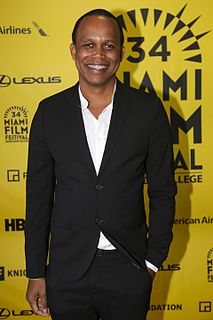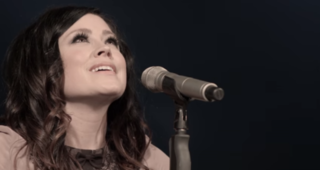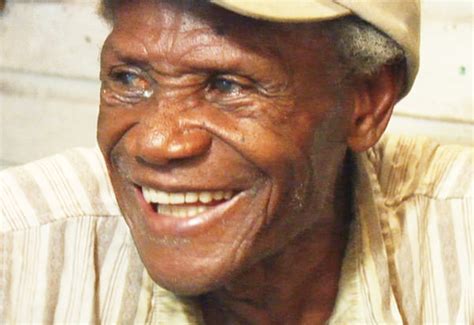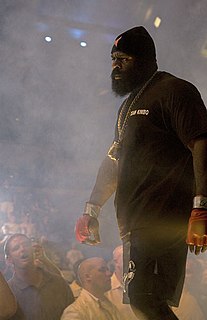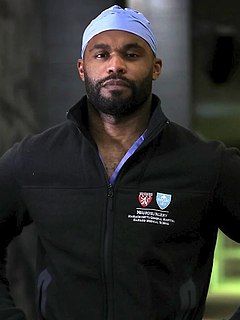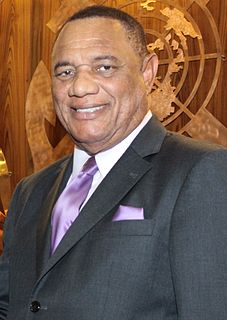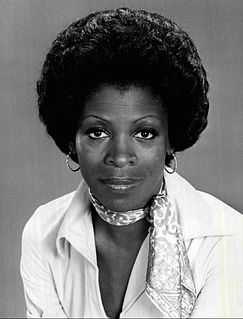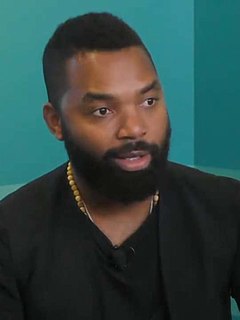A Quote by Kareem Mortimer
The best part of writing is thinking about the story. And then everything else takes a lot of discipline.
Quote Topics
Related Quotes
I'm always writing, but directing takes priority over everything, unless the acting is a job that lifts that whole brand. If I get a part in a big film with a big director and I was going to direct one of my one films, I would take the former job because that job will only help anything that I then intend to do. I think in the long run, directing is the thing that will outlive everything else. Maybe that and writing.
I can certainly be surprised by turns a story takes, but usually not once I'm actually in the writing/drawing stage. In the plotting stage, anything can happen. That's why I try to finish that part before I start writing. I may be exaggerating here - I'm sure there are times when I think of something part-way through that changes the story, but the ultimate outcome doesn't change. Or not yet. It could always happen.
When I was younger, I thought you had to be in control of your own life. That takes a lot of discipline, hard work and focus. You just can't let it all fall by the wayside. Later on, I learned that God is really in control of everything. But you still have to put your best foot forward and be the best you can possibly be.
It's so important to have your own relationship with the Lord. That is the number one thing I would say. Be sure that you are getting to a place where God is your best friend. He wants that relationship with you. He wants you to be in love with Him like that. It takes time. It takes discipline to spend time in His word and spend time listening to stuff that's going to pour life into you and not just thinking about your appearance or things that a lot of music tries to tell you to do. Be careful of that. Be careful of what you're filling your spirit with.
With a novel, you have to have a story. It's much more important to have it matter to the reader what happens to people, and it has to make sense and end in a way that is satisfying. So I spend a lot more time thinking about that. Then the writing itself usually is easier for me, because I know where it's going.
You've got to be a good reader. So whatever genre that you're interested in, read a lot of books about it and it's better than any kind of writing class you'll ever take. You will absorb techniques and then in a lot of cases you can just start writing using the style of the book or the author that you admire and then your own style will emerge out of that. Be a diligent reader and then try to write seriously, professionally and approach everything in writing in a professional way.
